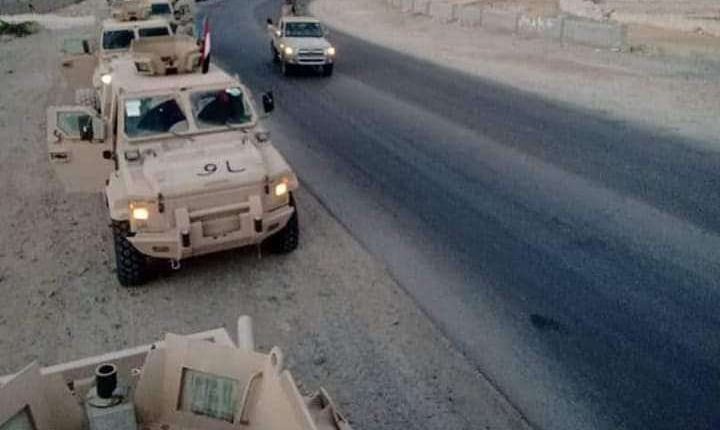ADEN, June 05 (YPA) – The UAE has accused the Islah Party of seeking to detonate the military situation in Wadi Hadramout and the eastern provinces of Yemen.
“The Islah Party is crying over unity and proceeding with its project to control the provinces of Hadramout, Mahra and Socotra,” the Emirati-funded newspaper, Al-Arab, said on Monday.
The newspaper added that the UAE-funded Southern Transitional Council (STC) would not remain silent on any moves that threaten its project to restore the state of the south, of which Hadramout is one of its pillars.
The newspaper’s report hinted at war in the face of the “Brotherhood,” stating that the Islah’s moves “will lead to a war between the components of legitimacy.”
Political observers believed that the Emirati threats came within the context of the apparent conflict between Saudi Arabia and the UAE and their loyal groups to control the strategic, oil-rich Hadramout at all levels.
On the political level, the meetings hosted by Riyadh, which have been going on for weeks, come for Saudi-backed components and personalities of Hadramout, to which Abu Dhabi responded with a STC’s conference, during which it tried to win over prominent Hadrami personalities by appointing a member of the Saudi-formed presidential council, Faraj al-Bahsani, as vice head of STC.
This came amid the continuation of the military escalation announced by all parties loyal to the coalition in the districts of Wadi Hadramout, which was revealed by activists and media outlets about the arrival of new Emirati military vehicles and equipment today to Hadramout and Socotra Island.
Some observers considered that the coalition parties has agreed on the fragmentation of Yemen, but they differed on sharing quotas according to their conflicting agendas and interests.
All strategic readings of these political and military moves on the ground have indicated that the state of continuous mobilization of factions loyal to Saudi Arabia and the UAE may lead to an unavoidable explosion between the parties to the coalition.
Last week, the UAE transported the commander of the “second military region,” Fayez al-Tamimi, on a private plane to Abu Dhabi to discuss “military arrangements in the region.”
Saudi Arabia is hosting Western diplomatic moves to mobilize international support for its dangerous projects in Hadramout, while Western countries working to adopt an official discourse to open all possibilities with regard to Yemen.
AA


